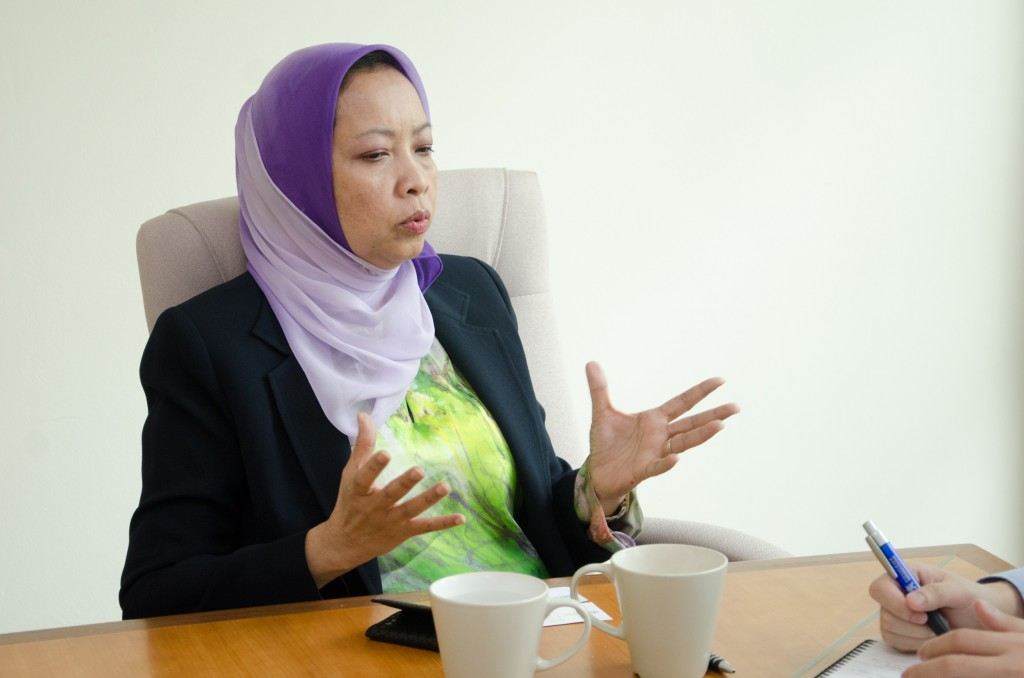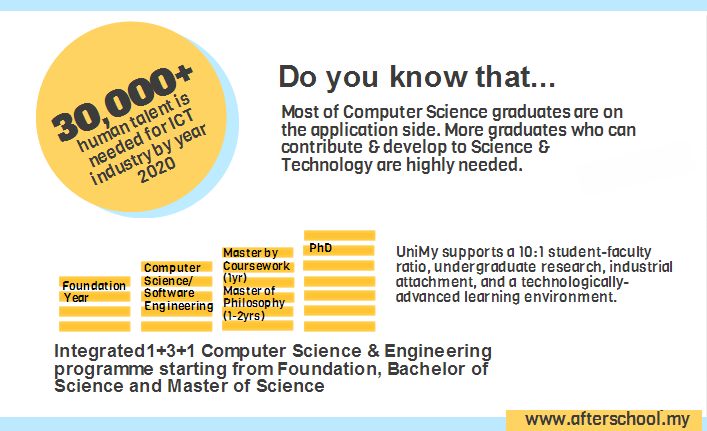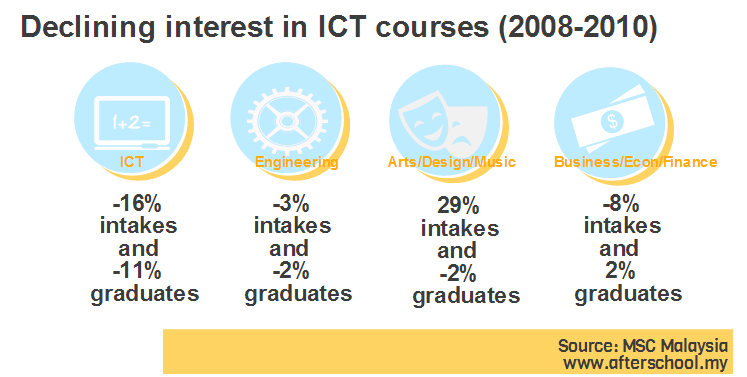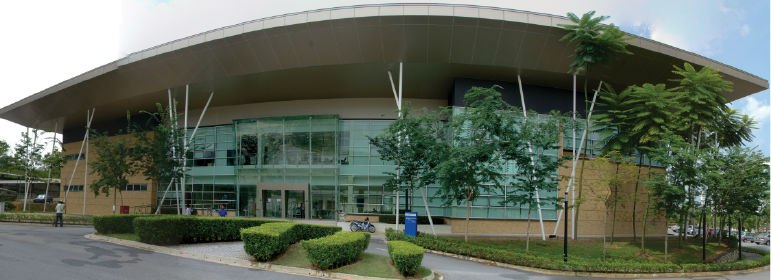UniMy - Malaysia's first ICT Boutique University

Afterschool Team
March 4, 2013
Technological innovation and advancement has been established as one of the fastest ways a nation can attain growth and development. In all 12 National Key Economic Areas (NKEAs) identified by the Economic Transformation Programme (ETP), computer technology is the driving force. That is why the Ministry of Higher Education (MOHE) embarked on the creation of a boutique university to tap talent for the ICT sector.
Touted as the country’s first boutique university specialising in information communications technology (ICT), University Malaysia of Computer Science and Engineering (UniMy) was established in Cyberjaya via the private-public partnership mechanism.
In line with the country’s vision of becoming a high-income economy through innovation in technology, UniMy is set to create a new knowledge hub committed to bridging the supply and demand gap in terms of computer science and engineering graduates in the next decade.
Narrowing the gap between supply, demand
The gap between the demand for information and computer technology (ICT) talent and the supply of that talent is large. Study indicates that the existing situation cannot even supply half of the demand, according to UniMy Vice Chancellor Professor Datuk Dr Halimaton Hamdan (see above photo), who was previously involved in the development of the human capital roadmap for science and technology.
“Over the past 10 years, the country has produced many computer science graduates. The problem we are facing is that the supply does not meet demand. What is needed is more graduates who are able to produce or contribute towards the development of computer science itself,” she says.
She adds that by 2020, about 500,000 human capital educated in science and technology will be needed by the country. From this number, at least 30,000 graduates are required in the ICT job market.
UniMy projects to generate more than 10,000 alumni by 2020. These well-trained computer scientists and engineers will be designed and tailored to serve more than 600 ICT-related professions at ICT multinationals, institutions of higher learning, research laboratories and industries, in both the private and public sectors.
Computing technology will be responsible for nearly two-thirds of the 1.3 million jobs demanded by the science and technology sectors by 2020.
Are Malaysians poor in maths and sciences?
“It would be unfair to say that Malaysians are no longer good in mathematics,” explains Halimaton, with various factors in the past decade contributing to the decline of numeracy skills.
“In the 1960s, we had this 60/40 policy where 60 per cent emphasis was on mathematics and 40 per cent for the arts. We never met the target and the highest was only at 30 per cent,” she says. “In the early 2000s, the emphasis was on professional fields (medicine, engineering, accounting and law); students were given the option to dismiss additional maths; and science stream students were not given practical exams, which made the subject less interesting.”
When it comes to medium of instruction for mathematics and sciences, Halimaton believes that content is more crucial and that sticking to the fundamentals is essential.
“In many advance countries like South Korea and Japan, their medium of instruction is their own language but they score high in the PISA (Programme for International Student Assessment) because the students’ education emphasises the fundamentals. So it doesn’t matter what language they are being taught in. Being good in science and mathematics enables the student to be good in language as well, because these subjects are universal,” she explains.
PISA is an international study that evaluates education systems worldwide every three years by assessing 15-year-olds’ competencies in key subjects: Reading, mathematics and science. In 2000, Japan scored high in these subjects, while South Korea took top rank twice in 2000 and 2006.
Future hub for nano-computing technology
“Here at UniMy we are going to set up our High Performance Computing Centre (HPCC) that is going to support R&D in computational science. Our students will have to be involved in research and it will integrate computing theory with science, specifically nanotechnology, which requires high level of computing,” she adds.
The combination of these two cross-cutting, multidisciplinary and converging science-based technologies would serve as a link between professionals from diverse fields and provides the ideal platform in solving current and future scientific and technological problems.
“Currently, our R&D activities are collaborative with IBM, NanoMalaysia Berhad and four National Nano Centres of Excellence under the MOHE Human Capital Initiatives of Global Science Innovation Advisory Council Programme, focusing on four areas: Energy and Environment, Medical and Health, Food and Agriculture, Electronic Devices and Systems.”
UniMy’s HPCC, to be operational by April 2013, will use 48-processor IBM system x iDataPlex computers.
Partnerships to enrich student learning experience
Not only will students of UniMy find themselves exposed to activities, subjects and projects developed by the world’s leading IT players such as IBM, Huawei, Microsoft, Dell and Autodesk, they will be exposed to foreign experts, as well as have the chance to study overseas.
The University of Melbourne, School of Engineering, is an academic partner of UniMy. Ranked number one in computer science and information technology in Australia, the University of Melbourne monitors quality, academic board processes, staff and student exchange, and external examination in the programmes offered at UniMy.
For the first intake of UniMy’s Foundation in Science this May 2013, they expect to take in 300 students. Students will spend one academic year that consists of two regular and one short semester of fundamental courses that are vital for their bachelor programmes. Successful students will be admitted to the degree programme in the following academic year that is expected to commence in January. For more information, visit www.unimy.edu.my
--------------
Written by Lyn Cacha







